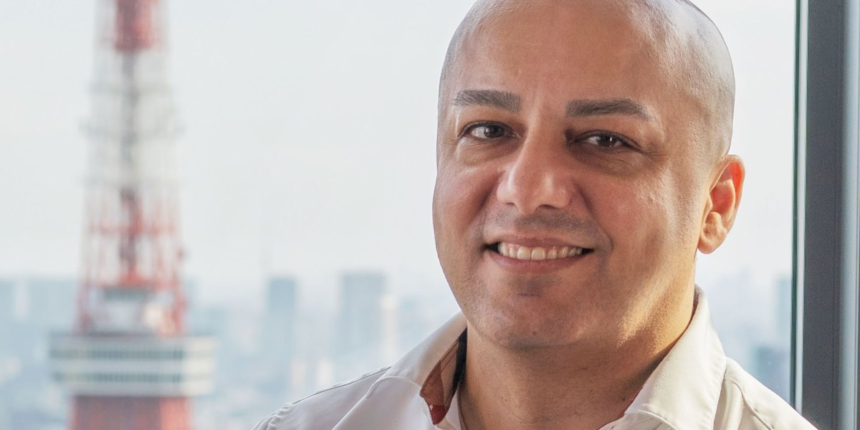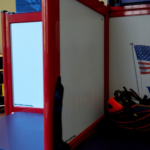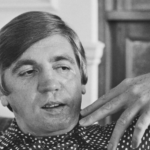Tarifi himself graduated with a PhD in AI in 2012, when the subject was far less mainstream. But today, the 42-year-old says, time would be better spent studying a more niche topic intertwined with AI, like AI for biology—or maybe not a degree at all.
“Higher education as we know it is on the verge of becoming obsolete,” Tarifi said to Fortune. “Thriving in the future will come not from collecting credentials but from cultivating unique perspectives, agency, emotional awareness, and strong human bonds.
“I encourage young people to focus on two things: the art of connecting deeply with others, and the inner work of connecting with themselves.”
“In the current medical system, what you learn in medical school is so outdated and based on memorization,” he said.
Tarifi is not alone in his feeling that higher education is not keeping up with the shifting AI tides. In fact, many tech leaders have recently expressed concerns that the rising cost of school paired with an outdated curriculum is creating a perfect storm for an unprepared workforce.
“It’s sort of been this taboo thing to say, ‘Maybe not everyone needs to go to college,’ and because there’s a lot of jobs that don’t require that…people are probably coming around to that opinion a little more now than maybe like 10 years ago,” Zuckerberg added.
“GPT-5 really feels like talking to a PhD-level expert in any topic,” Altman said earlier this month. “Something like GPT-5 would be pretty much unimaginable in any other time in history.”
“When students can get the kind of job they want [as students], there’s no reason to force them to keep going,” Hoffmann said.









